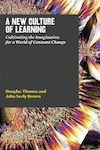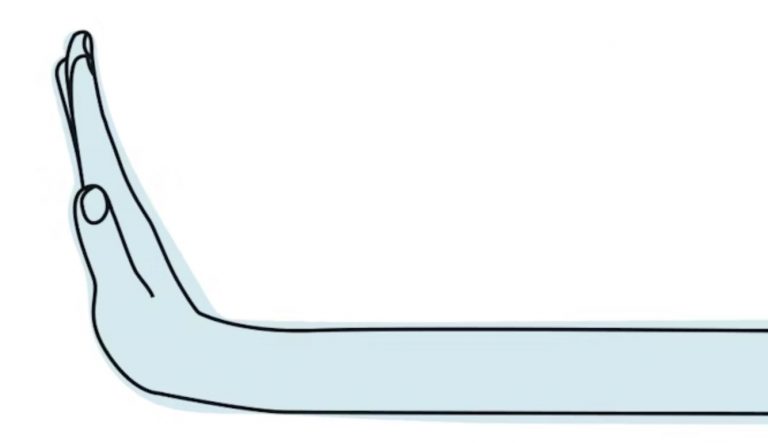Book: A new culture of learning
by Douglas Thomas and John Seely Brown
Publisher: CreateSpace – January, 2011)
Paperback, 140 pages
(Amazon link)
The 21st century is a world in constant change. In A New Culture of Learning, Douglas Thomas and John Seely Brown pursue an understanding of how the forces of change, and emerging waves of interest associated with these forces, inspire and invite us to imagine a future of learning that is as powerful as it is optimistic. Their understanding of what constitutes “a new culture of learning” is based on several basic assumptions about the world and how learning occurs:
- The world is changing faster than ever and our skill sets have a shorter life
- Understanding play is critical to understanding learning
- The world is getting more connected that ever before – can that be a resource?
- In this connected world, mentorship takes on new importance and meaning
- Challenges we face are multi-faceted requiring systems thinking & socio-technical sensibilities
- Skills are important but so are mind sets and dispositions
- Innovation is more important than ever – but turns on our ability to cultivate imagination
- A new culture of learning needs to leverage social & technical infrastructures in new ways
- Play is the basis for cultivating imagination and innovation
By exploring play, innovation, and the cultivation of the imagination as cornerstones of learning, the authors create a vision of learning for the future that is achievable, scalable and one that grows along with the technology that fosters it and the people who engage with it. The result is a new form of culture in which knowledge is seen as fluid and evolving, the personal is both enhanced and refined in relation to the collective, and the ability to manage, negotiate and participate in the world is governed by the play of the imagination.
Typically, when we think of culture, we think of an existing, stable entity that changes and evolves over long periods of time. In A New Culture of Learning, Thomas and Brown explore a second sense of culture, one that responds to its surroundings organically. It not only adapts, it integrates change into its process as one of its environmental variables.
The book website contains some of the authors’ talks, including one by John Seely Brown on “Tinkering as a Mode of Knowledge Production”.




